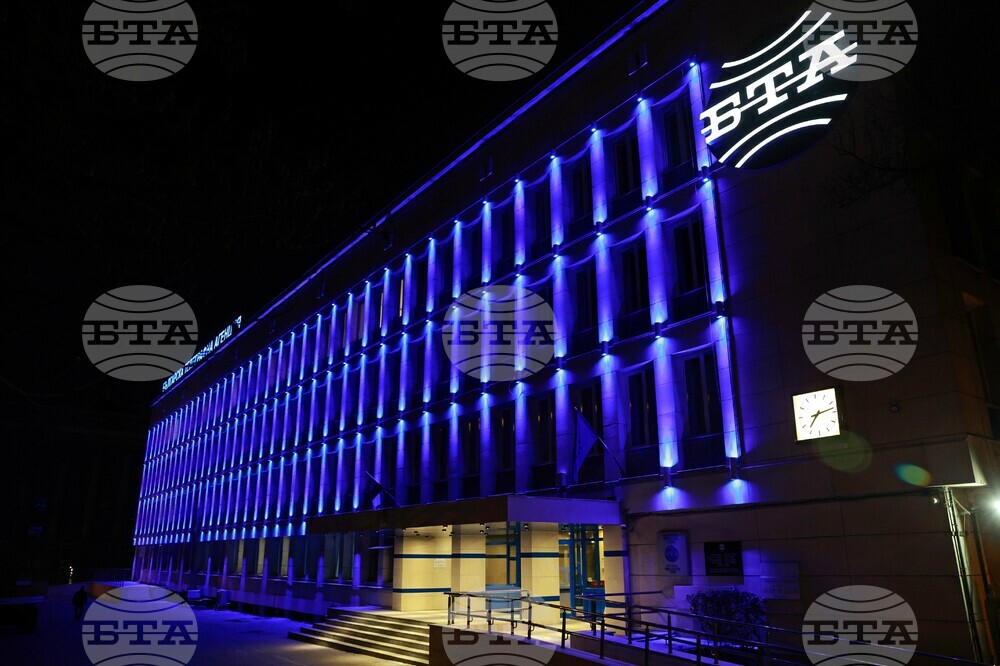The Bulgarian News Agency (BTA) is the most approved institution among those whose leaderships are elected by Parliament, Global Metrics found in a nationally representative survey commissioned by the Bulgarian Institute for Legal Initiatives (BILI). The poll probed public attitudes to the election of single-person and collegial authorities elected by the National Assembly.
A total of 92.6% of Bulgarians are familiar with BTA's activity, according to the results of the survey. Of those polled, 81.2% assess the agency's operation positively, and 17.9% negatively.
The findings come from a nationally representative survey of public attitudes to the election of single-person and collegial authorities elected by the National Assembly. The survey was commissioned by the Bulgarian Institute for Legal Initiatives conducted between March 17 and 25, 2025 by Global Metrics among 1,000 adult Bulgarians, using face-to-face tablet-assisted personal interviewing in a two-stage cluster sampling.
The general public vary in their assessments of the work of the collective bodies elected by the National Assembly, the Institute writes. The most popular ones include the National Health Insurance Fund (NHIF), the National Social Security Institute (NSSI), the Energy and Water Regulatory Commission (EWRC), the Commission for Personal Data Protection (CPDP), the National Ombudsman, BTA, the Bulgarian National Audit Office (BNAO), the Financial Supervision Commission (FSC), the Commission on Protection of Competition (CPC), and the Council for Electronic Media (CEM).
The most approved ones include the Bulgarian News Agency, the National Ombudsman (72.4% positive assessments), and the NSSI (71.9%), the survey found.
Those surveyed are most familiar with the activity of the NHIF
(96.1%), the NSSI (95.8%), EWRC (93.2%), the CPDP (93%), the
Ombudsman institution (92.9%), the BNAO (91.9%), the FSC (88.9%),
the CPC (88.4%), the CEM (85.1%), and the Commission for Protection
against Discrimination (82.6%).
The least familiar institutions are the Economic and Social Council
(36.5% are familiar with its activity), the Commission for Public
Oversight of Statutory Auditors (37.4%), and the Public Enterprises
and Control Agency (51.2%).
According to 46.3% of respondents, civil society must share in the procedure for election of bodies by the National Assembly and, to this end, civic organizations should be able to nominate candidates for office. Another 24.6% are of the opinion that independent civic organizations should set up a commission to assess candidates, and according to 22.4% non-governmental organizations should be able to ask questions and express opinions during candidates' hearings. As few as 7% believe that civil society should not intervene in the process, the analysts comment.
At the same time, just 11% say they follow closely and in detail developments in this area, while 47% are interested only in most general terms, whereas 42.2% are not interested at all, BILI adds.
The lack of public focus on this parliamentary activity is accompanied by high public scepticism about the result of the procedures. A total of 82% assume that the electees will be persons close to the political parties, 77% believe that the electees or appointees would serve the interests of political parties, and 74% expect numerous delays and rows in the election process. In the final analysis, nearly two-thirds (64%) say that an election may fail altogether.






